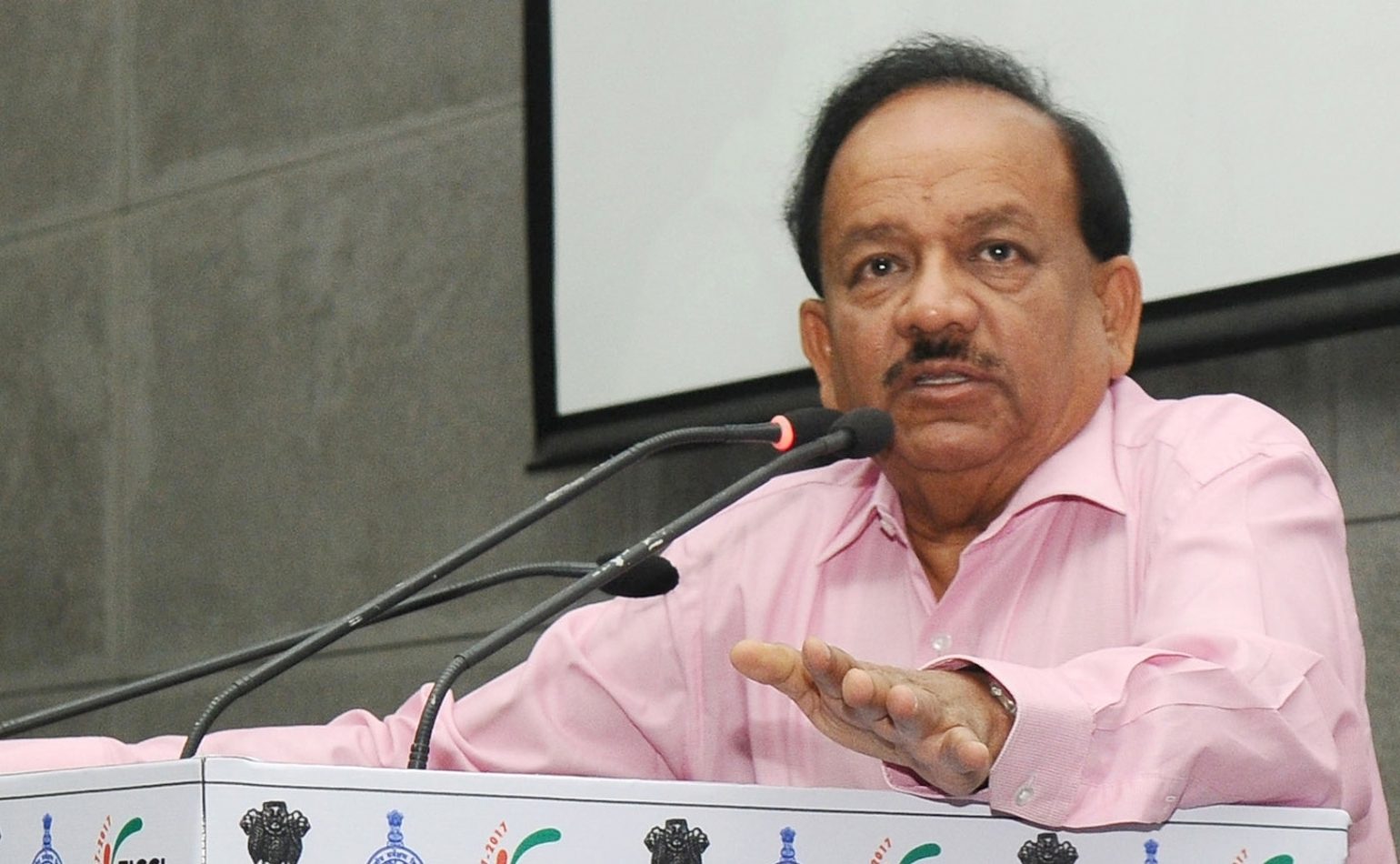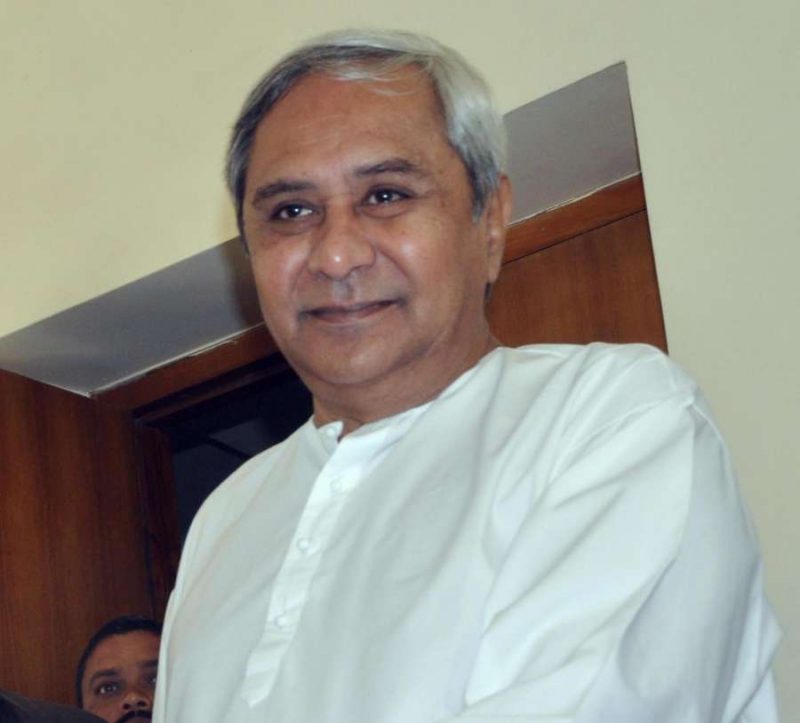Testing 1.3 billion people for COVID-19 is neither possible nor feasible, Union Health Minister Harsh Vardhan said in an exclusive interview with IANS on Thursday.
Responding to a question on India’s strategy and the status about testing, he said, “The current testing strategy is need-based and gives priority to individuals who are primarily at risk or have symptoms. It is revised regularly according to the evolving situation.”
Speaking about the details of testing data and capacity the Health Minister said, “As on May 27, our testing capacity is 1,60,000 per day and we have done 32,44,884 tests till date. On May 26, itself, we have conducted 1,15,229 tests. If for a moment, we talk of repeated testing of 1.3 billion population to curb the disease, you would appreciate that this is not only a resource expensive exercise but also neither possible nor feasible.”

He also asserted that from one laboratory at the National Institute of Virology (NIV), Pune in the first week of February 2020, the number of facilities in the country have increased to a total of 624. This includes 435 government labs and 189 NABL-accredited private laboratories involved in testing at present.
Vardhan said priority based and targeted testing will be helpful in detecting more cases of COVID-19 and curbing the disease. “With our efforts at sustained and quality assured scaling up of the testing facilities, I am sure, we shall be better placed for maximum case detection.”
On March 16, World Health Organisation Chief Dr Tedros Adhanom Ghebreyesus had said, “We have a simple message for all countries: test, test, test.”
India is constantly ramping up its testing infrastructure, along with indigenous development, validation and production of testing kits for RT-PCR in order to have early and aggressive tracing of the infection and by validating TrueNat-based test for COVID-19 and including alternative testing platforms like CBNAAT/GeneXpert and Abott HIV viral load testing machines. The testing criteria has also been widened and evolved from time to time, for instance testing migrant labourers.









